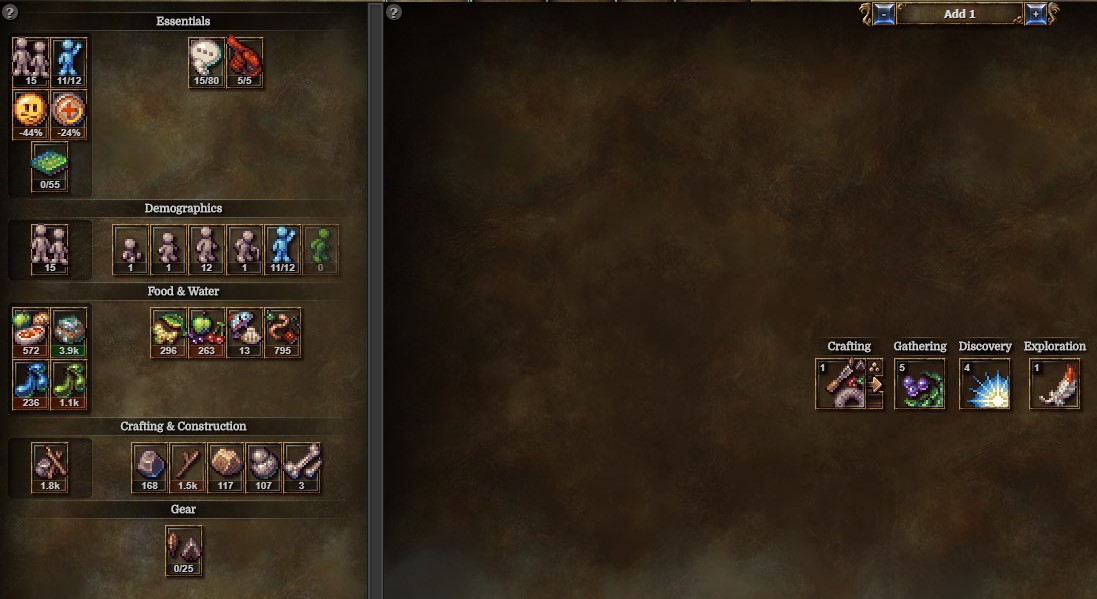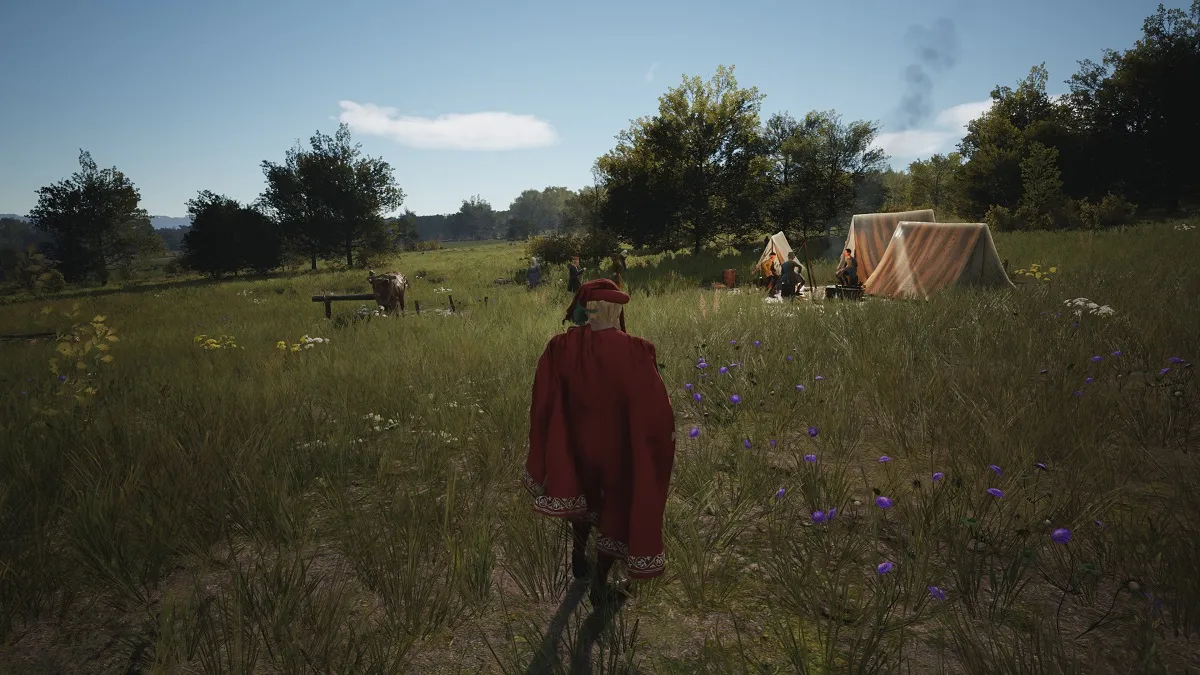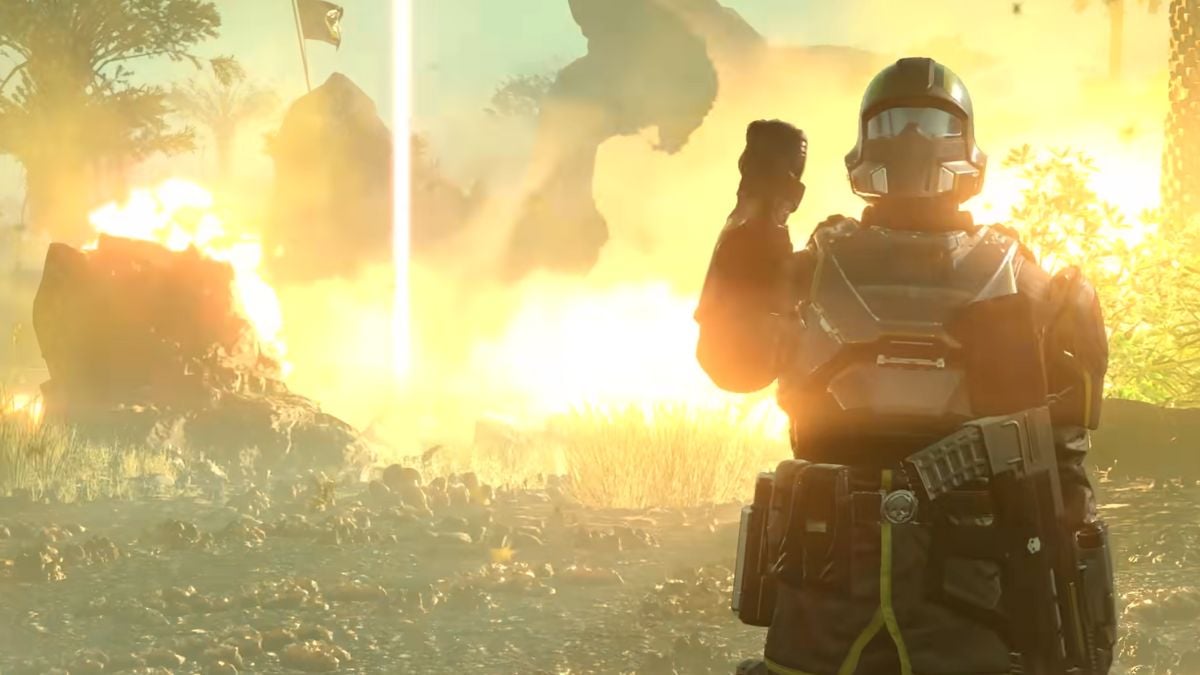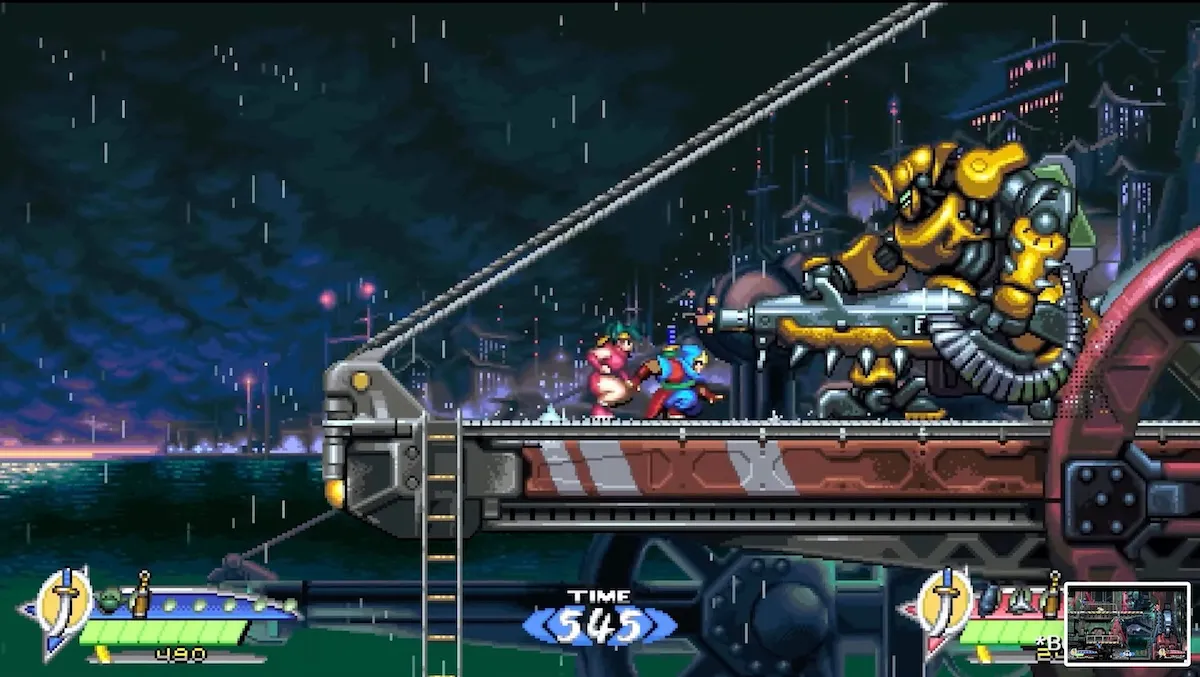I wrote this because I realized how much time I wasted on Swarm Simulator and I want to atone for my sins
If you’re expecting some fresh hot takes on why idle games are bad, this isn’t the article you’re looking for. The internet beat that topic to death years ago because, to be frank, we need fewer traditional idle games that badly. Instead I’m tackling that goal from a more optimistic angle, by explaining how NeverEnding Legacy (which you can play here!) shows the potential for idle games to be creative and stimulating instead of lazy and manipulative.
Never heard of NeverEnding Legacy? That’s fair. It was developed by a small developer named Orteil. He’s only known for a niche, obscure title called Cookie Clicker. Though I think it’s a shame because even though NEL is built around Cookie Clicker’s formula, it is much more gameplay-driven and doesn’t feel like a psychological trap.
NeverEnding Legacy is an idle game where you are tasked with managing the growth of a populace, from a humble tribe to an iron age civilization. You collect resources to help your people grow. You assign people to collect resources, or to build resources from materials, or to discover resources, or so on. You apply policies that change how your civilization uses your resources. There are dozens of variables to manage, but at its core, everything revolves around spending resources and waiting to get more resources.
The basis of the traditional idle game is that you’re constantly gaining resources with minimal effort. You have a currency, you spend it on stuff, that stuff makes more currency over time. You buy more expensive stuff, that stuff exponentially increases your income. Lather, rinse, repeat. No obstacles. No risk of failure. Just constant forward progress for no effort. So, how does NEL subvert this without borrowing elements from other genres?
By making your own resources your obstacles.

Like any idle game, everything in NEL generates something, but they have other properties that can hinder you as well. For example, consider people. Getting more people is one of the main goals of NEL since you need them to do anything. The problem? People always need to eat food. People are a resource that makes you lose food as time passes.
The more people you have, the more food you lose. If you run out of food, people can’t eat. If they can’t eat, people can die. If your population grows too quickly, you could lose more people than you gained.
This seems like a problem that could be solved just by assigning everyone in your tribe to collect food. That brings us to another of NEL’s twists on idle game mechanics. As time passes, food will spoil. People dislike having spoiled food, and they definitely won’t eat it… unless you make them. If you make people eat spoiled food, they won’t go hungry, but they will become sick and unhappy. That can cause them to curb their work ethic or possibly die. Resources like these have properties that limit their usefulness or damage your other resources, and if used recklessly, they can do much more harm than good.
And like I said, NEL has dozens of resources, and only adds more as you progress. Collecting just enough food isn’t an issue if gathering food is the only thing your people need to do, but you’re also expected to make clothing. And tools. And research. And territory. And many, many more things that come with their own needs or risks, constantly fluctuating as the world and your own resources change your working conditions.

NeverEnding Legacy subverts the constant positive reinforcement of other idle games by giving so many things a risk. There are dozens of variables to balance. You can grow your civilization differently than other players do. You can make decisions that harm your populace in the long term. You can fail. Unlike other idle games, NEL gives challenges that demand problem-solving and risk-calculating skills. Not paying attention to the game carries so much risk that, unlike its contemporaries, this game doesn’t continue to run after you close it as that could easily ruin in your civilization. It’s less idle, but it’s built on the same foundations as any other idle game.
I’m disappointed that Cookie Clicker is still more popular than NeverEnding Legacy, but not surprised. A big part of Cookie Clicker’s appeal/trap is that it constantly ‘rewards’ you for minimal effort. NeverEnding Legacy lacks that perpetual feedback loop and that’s why I respect it. Its satisfaction doesn’t come from a self-perpetuating machine, but from overcoming obstacles and accomplishing goals that can be failed. It uses similar feedback loops, and it can be similarly addicting, but it feels like much less of a waste of time and it’s easier to step away if it ever feels as such.
NeverEnding Legacy demonstrates the clicker design trend can be used in more creative and interesting ways. Orteil didn’t need to take that risk, he already has Cookie Clicker. Will this potential ever become the norm out of idle games? It seems unlikely, but I’d love to be proven wrong there. If there are any small devs out there willing to explore idle game design more like NEL, they have my moral support.




